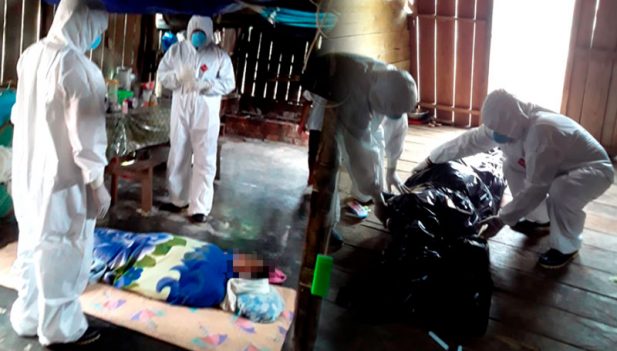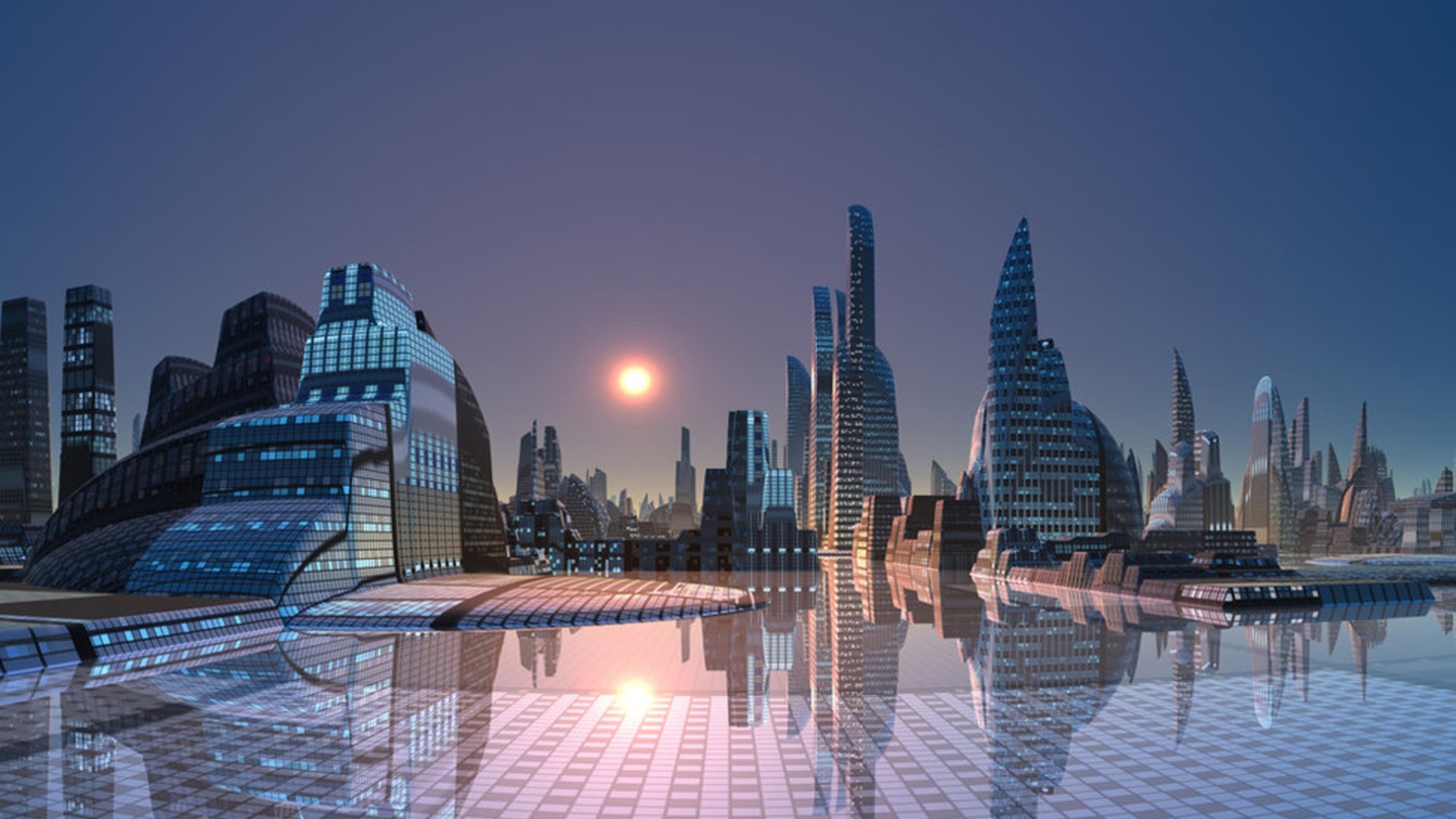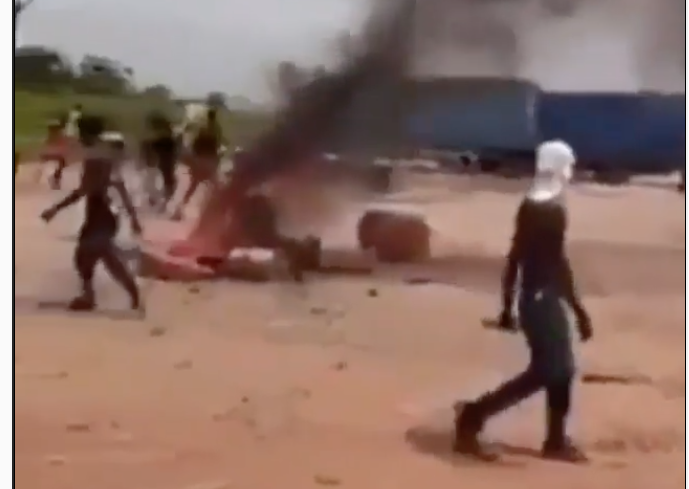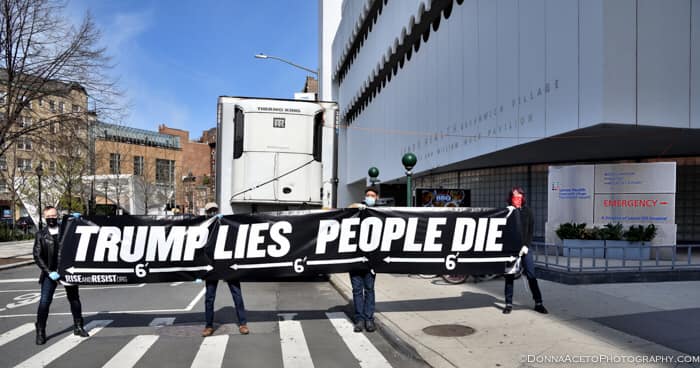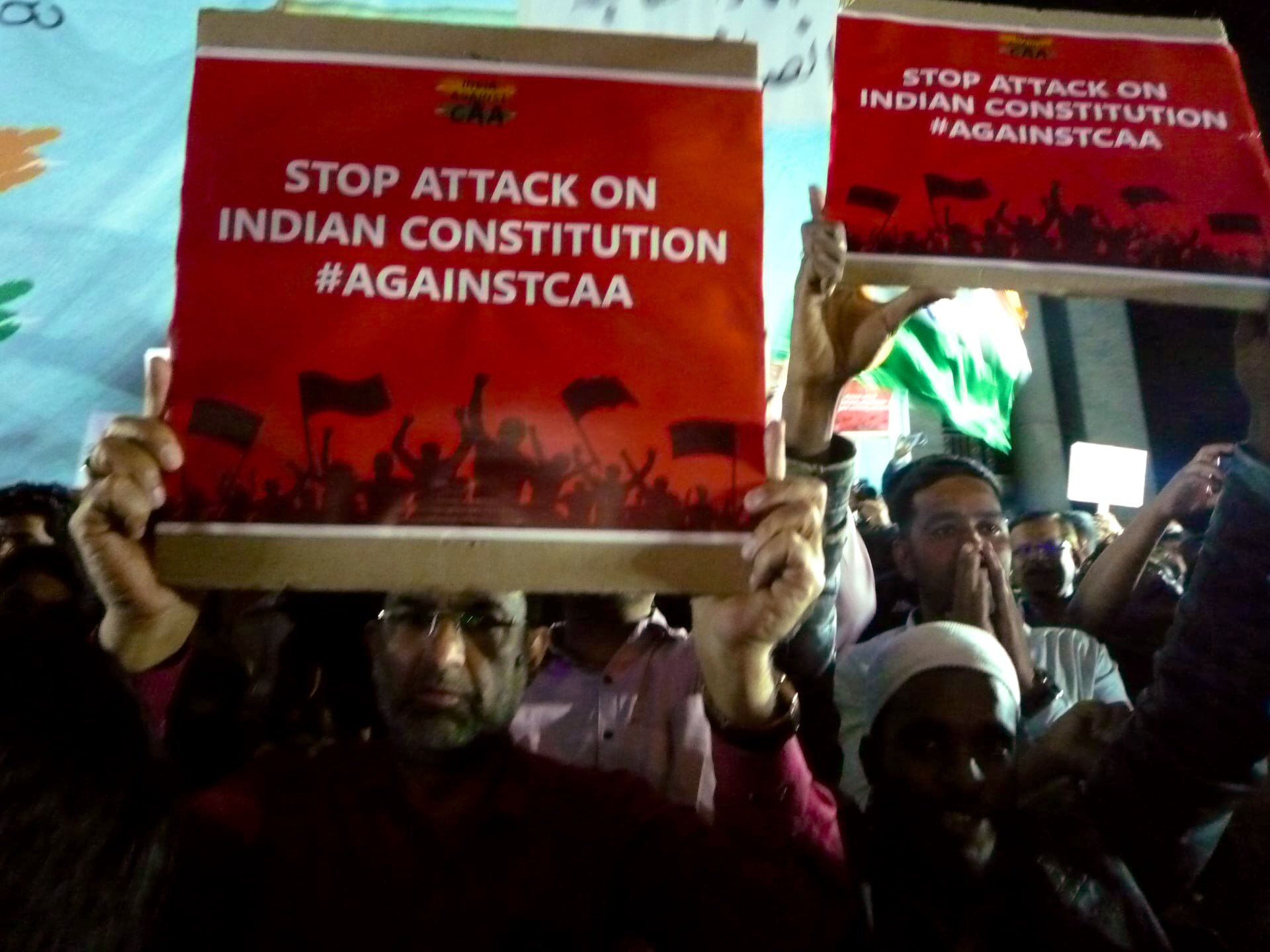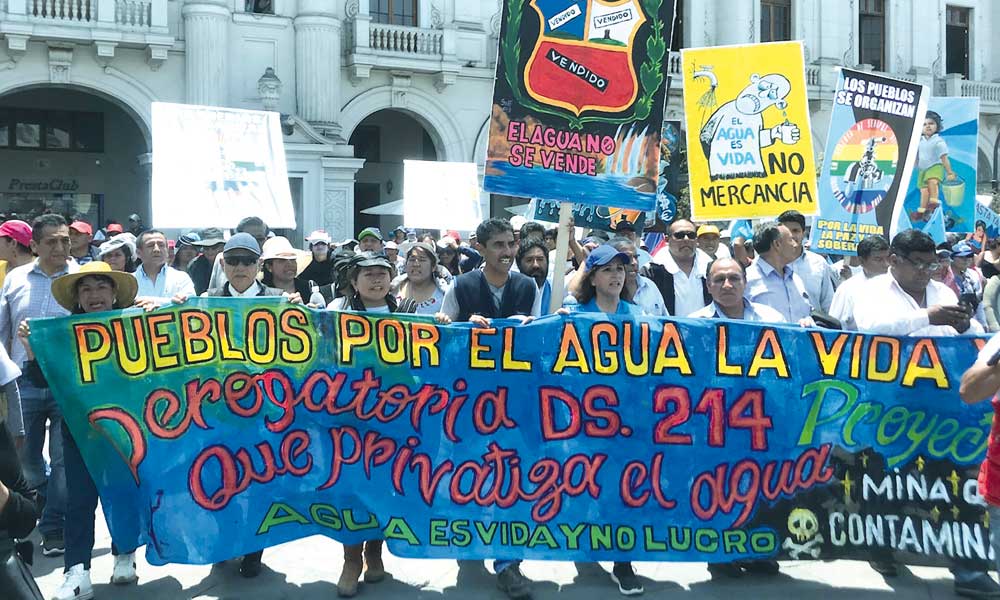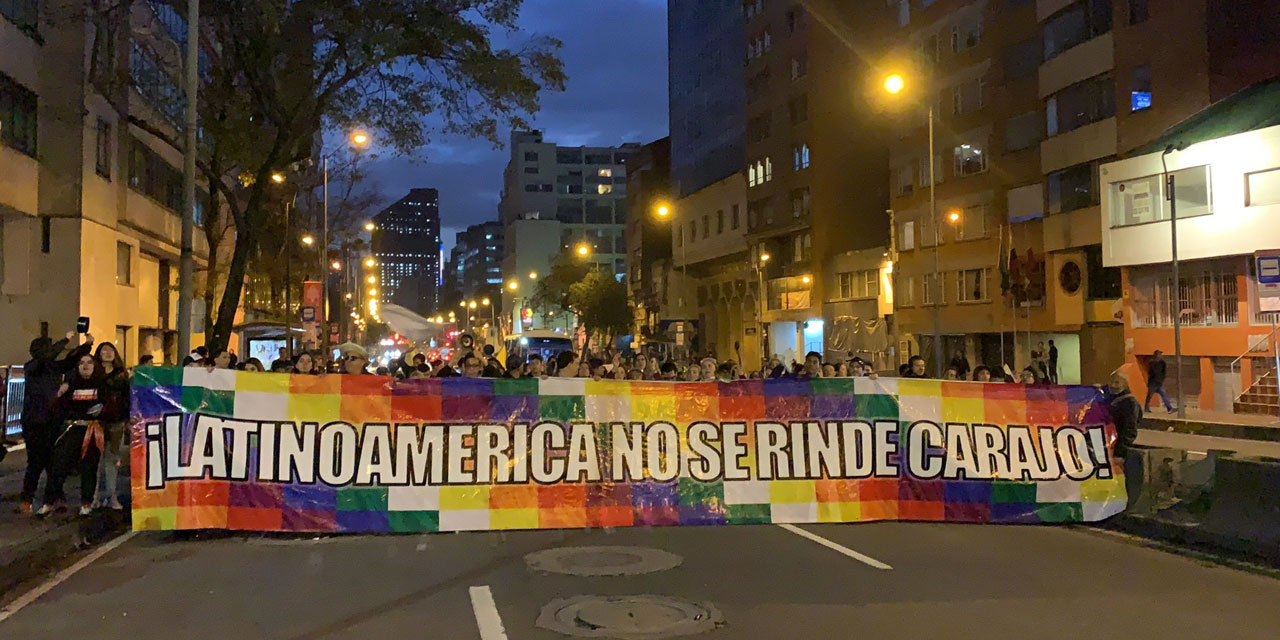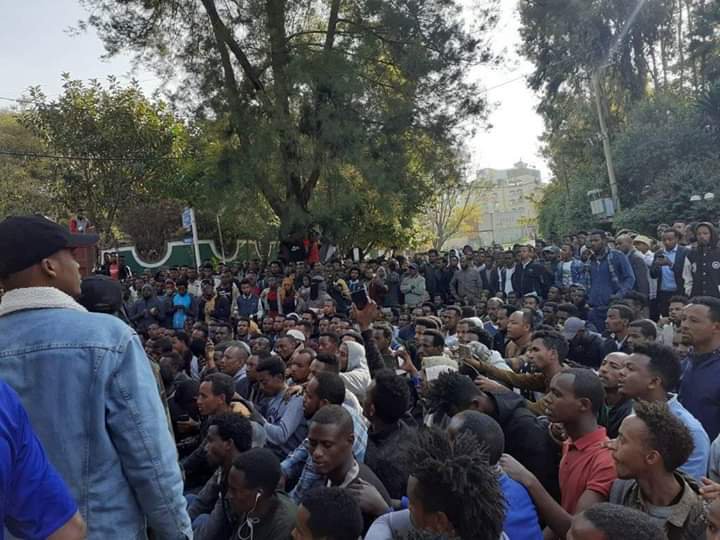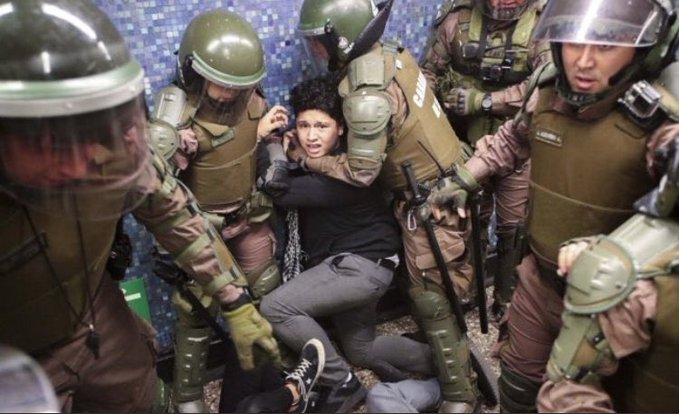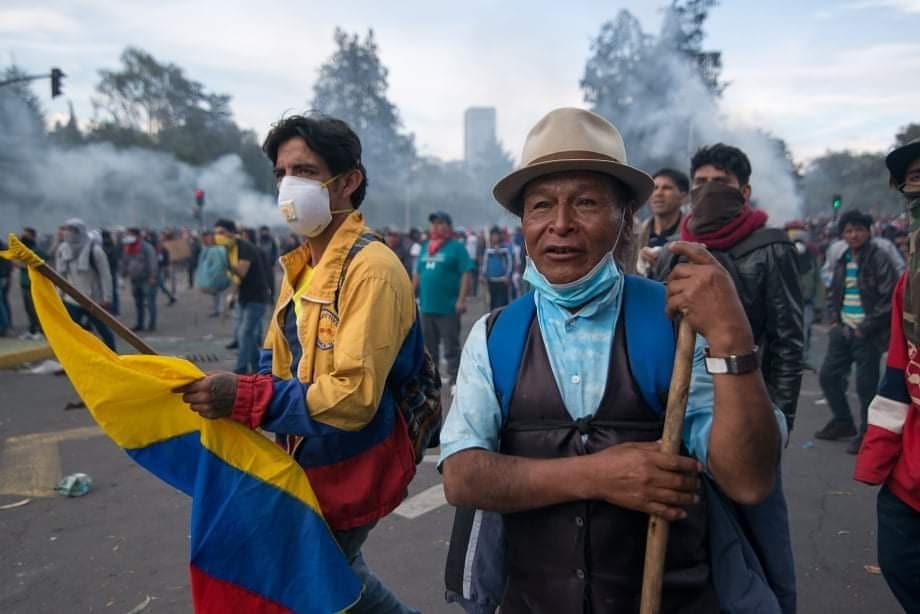
San Francisco suit against oil companies remanded
The US Court of Appeals for the Ninth Circuit reversed a federal judge’s dismissal of a climate change lawsuit against oil companies including ExxonMobil, BP and Chevron by the cities of San Francisco and Oakland, setting the stage for the case to be heard in a more favorable California state court. The two cities are seeking billions of dollars from the companies in a special “abatement fund,” alleging their practices knowingly led to problems the cities must now contend with, including rising seas and extreme weather. The case was dismissed by a district judge, who held that the courts lacked jurisdiction in the matter. The Ninth Circuit remanded the case back to the district judge, ordering him to give further consideration to whether his court has jurisdiction. If he again finds his court lacks jurisdiction, the case must go before state court. (Photo: World Population Review)



